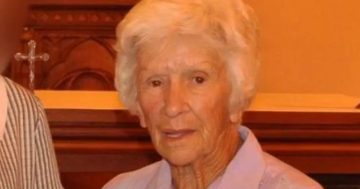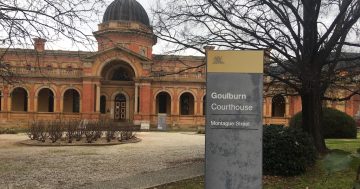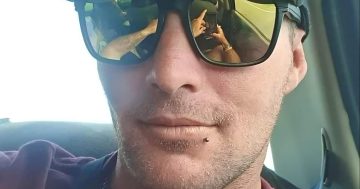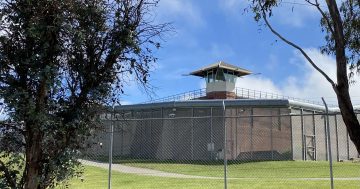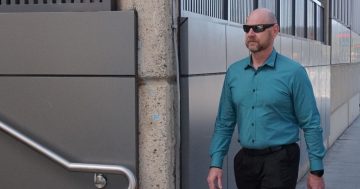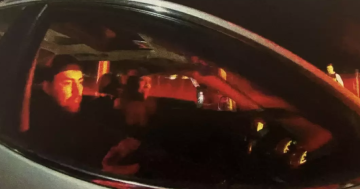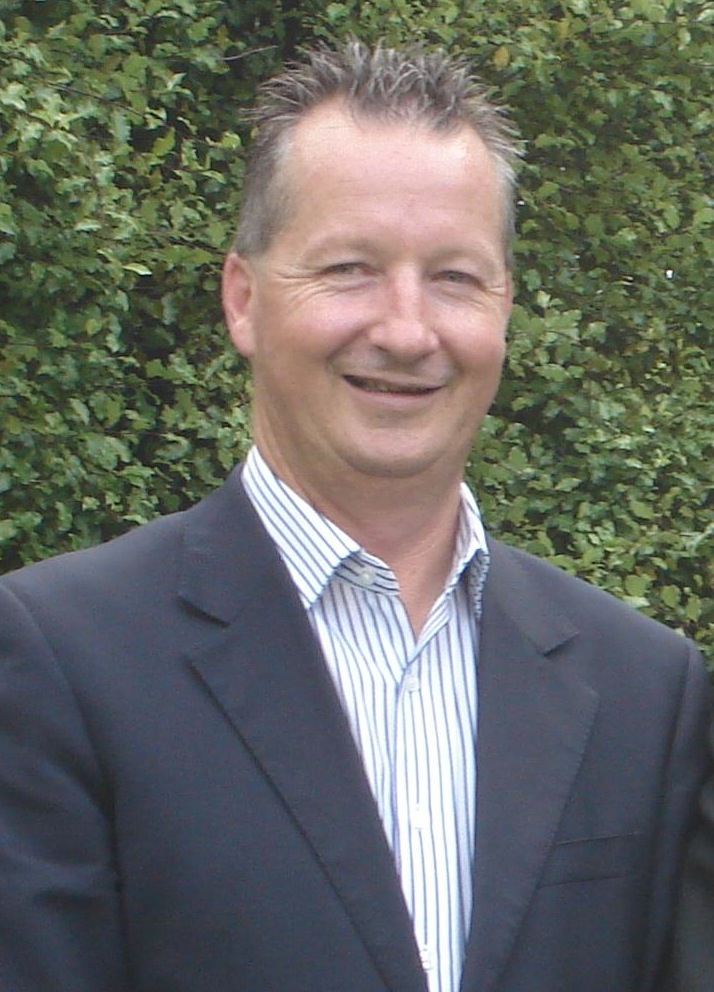
Canberra’s Peter Keeley, 56, was found dead at Broulee on 2 February 2020. Photo: NSW Police.
The three friends involved in a plot to lure Canberra’s Peter Keeley into secluded bushland and assault him on the NSW South Coast have all been handed jail sentences.
They were all aged 17 when the first teen, the instigator of the incident, began talking to the real estate agent over the dating app Grindr and promised a sexual encounter.
Mr Keeley met the teen in Broulee on 2 February 2020 and they drove into the bush where the other two joined them and the 56-year-old was assaulted, tied up and left alone on the ground.
He was found there, dead, later that day. He had been dragged into the position where his body was found, had been unable to call for help himself and the teens made no attempt to get help for him.
All teenagers, who have been in custody since they were arrested at their homes on 13 February 2020, were handed differing jail sentences over their roles by the NSW Supreme Court on Tuesday (27 September).
The first was sentenced to a total of five years and eight months’ jail, the second to four years and four months and the third to three years and 10 months.
Their non-parole periods state the first offender is eligible to be released in December 2023, the second in January 2023, while the third is eligible to be released this month.
Justice Michael Walton said he wanted to express his sympathies to Mr Keeley’s family for the “loss and despair” they endured over his death.
He said the assault was “sustained and brutal” and Mr Keeley endured “hurt and humiliation”. As he was confronted by three young men “acting in concert,” it must have been a frightening experience.
Justice Walton said the offending came from a misguided idea that, as the third teen said, “all went terribly wrong”.
He said the motive was a perception that Mr Keeley was a paedophile, and he remarked the Crown had submitted each of the teens had the “distorted view” their behaviour was justified.
In the lead-up to the incident, the first teen Googled “Does holding a metal object in your hand make a difference to your punch”.
He started talking to Mr Keeley over Grindr the day before the attack and recruited the other two teens to help him. Justice Walton said they were “willing participants”.
The first teen started attacking Mr Keeley shortly after arriving in the bushland and the others joined soon after.
Justice Walton said he was probably on his hands and knees at some stage, his face went into the dirt and all three teens were involved in tying him up, with his hands bound behind his back and his ankles taped together. Tape was also used to gag him.
The first teen told the author of a background report that when Mr Keeley was defending himself before the other two arrived he had to keep trying to strike him in an attempt to knock him out.
While Mr Keeley was lured to Broulee with the promise of a sexual encounter, Justice Walton said such an encounter would not have been illegal as despite there being a significant age gap, the first teen had been portrayed as being 18.
He found all teens had expressed remorse for their actions. When the first teen was arrested, he said: “Dad, I’m sorry, Dad. I didn’t do it on purpose. It was an accident. I didn’t want it to happen.”
When sentencing them, Justice Walton took into account their age, otherwise good character, remorse, prospects of rehabilitation and the impact of COVID-19.
The second teen, now aged 20, is the oldest of the trio, but they can all serve the remainder of their sentences in juvenile detention.
In a statement, a spokesperson for Mr Keeley’s family said: “The Keeley family is glad this is over now and we can just move on from the sad past years.”
After facing a Supreme Court judge-alone trial earlier this year, the first and second teens were acquitted of murder, with Justice Walton finding it was likely Mr Keeley died from the methylamphetamine in his system.
The third teen later had the murder case against him dropped. However, all three pleaded guilty to an aggravated kidnapping charge.
In August, Mr Keeley’s family were barred from telling the court about the impact of the crime at the teens’ sentence hearing as Justice Walton said the relevant legislation did not allow for statements from representatives of the main victim to be read as victim impact statements.
The teens cannot be named as they were under 18 at the time of the attack.
Original Article published by Albert McKnight on Riotact.







